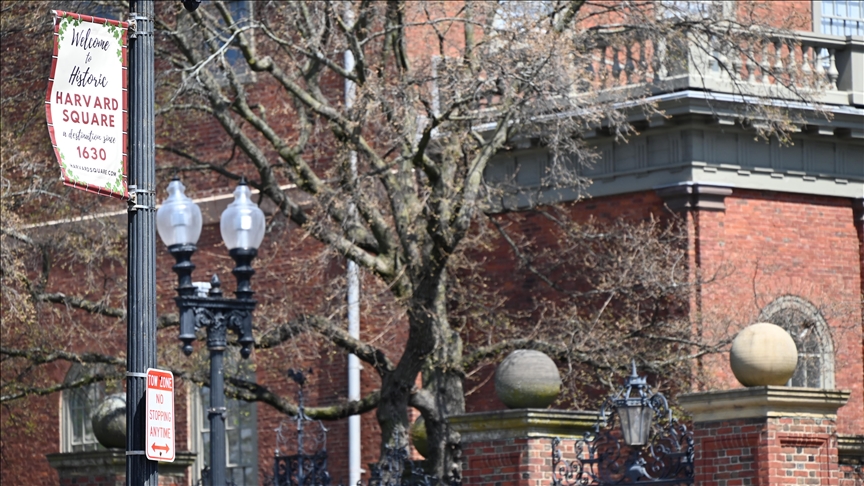Russian Harvard scientist released after detention for smuggling frog embryos
Kseniia Petrova’s frog embryo case sparks debate over scientific protocols and customs law

ISTANBUL
A Russian researcher affiliated with Harvard Medical School was released from federal custody Thursday, four months after being arrested for allegedly smuggling undeclared frog embryos through Boston Logan International Airport, according to a report.
CBS News reported that Kseniia Petrova, a visiting scientist at Harvard’s Kirschner Lab, was detained in February after US Customs and Border Protection agents discovered biological samples in her luggage upon her return from Paris.
According to a Justice Department press release, Petrova initially denied carrying any biological material, but later acknowledged the samples were frog embryos intended for research.
Her attorney, Gregory Romanovsky, said in a court filing that the samples were “non-hazardous, noninfectious, and non-toxic,” and had been transported at the request of a Harvard research group leader.
“Having no prior experience transporting biological samples… she was unfamiliar with US customs requirements regarding these samples. She simply placed the samples in her luggage and did not declare them to CBP at the time of her entry,” Romanovsky argued.
However, prosecutors claim that messages on Petrova’s phone suggest she had been advised to declare the materials before arriving in the US.
Following the discovery, Petrova’s visa was revoked and she was initially held at an ICE detention facility in Vermont, later transferred to Louisiana. Though she was released from ICE custody in May, she remained under the custody of the US Marshals Service until this week, The Associated Press reported.
Petrova’s colleagues testified to her character and research contributions, calling her work “excellent science.”
Romanovsky added in a statement to CBS News: “It remains difficult to understand why someone like Kseniia had to spend four months in jail. She poses no danger and has deep ties to her community.”
“Her work has the potential to improve lives around the globe — including here in the United States,” he said.
A probable cause hearing is scheduled for June 18. Petrova’s immigration status remains unresolved, and it is unclear if she will remain in the US.
Anadolu Agency website contains only a portion of the news stories offered to subscribers in the AA News Broadcasting System (HAS), and in summarized form. Please contact us for subscription options.







